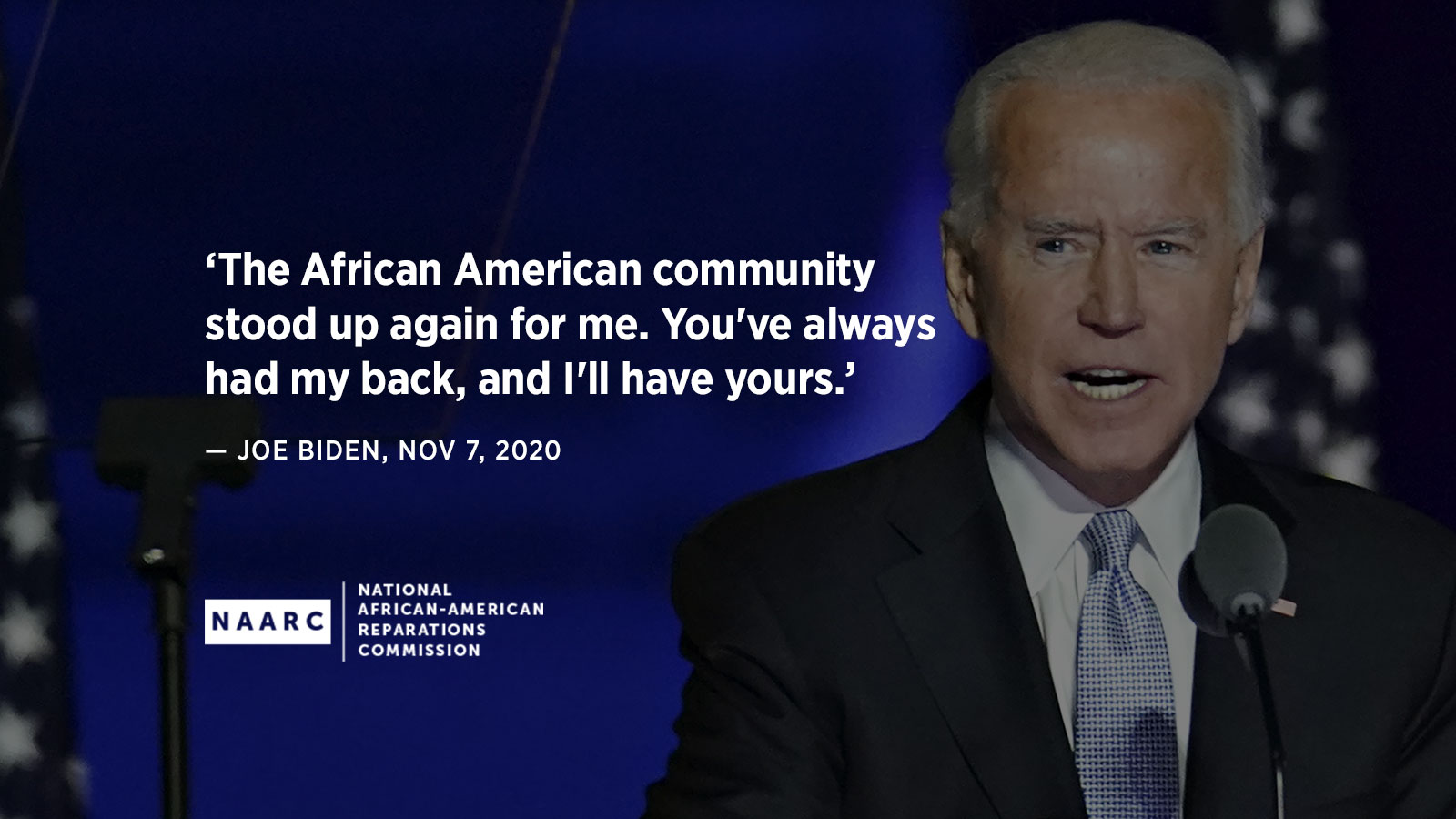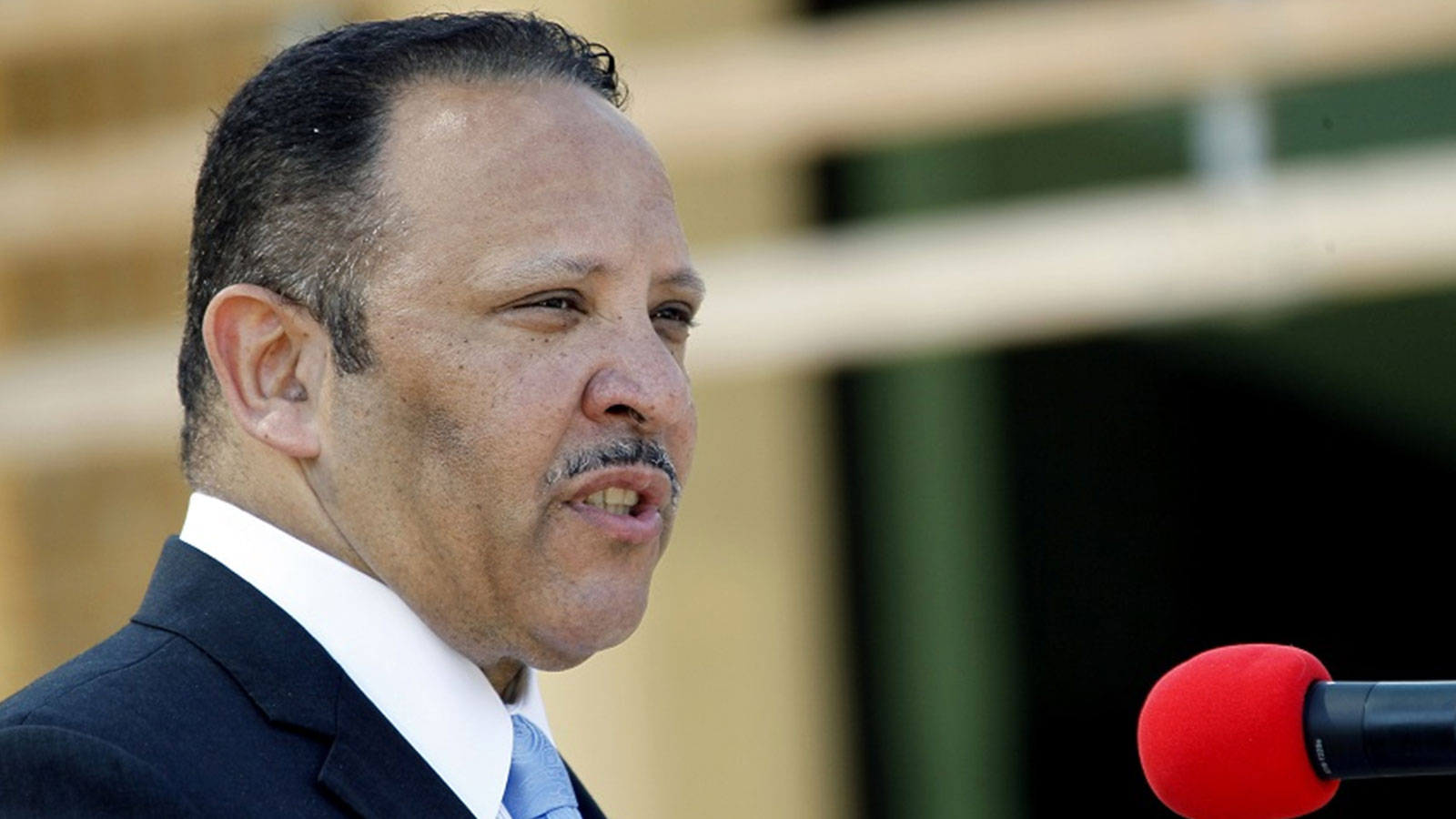The recent protests across the United States have ushered in a national reckoning on structural racism — and a sea change in attitudes. A clear majority support the protests and believe that racism is a serious issue in this country and that addressing it can’t wait. Americans are now more eager than ever to pull back the curtain on institutions to see whether they have helped to advance or stall racial progress, and Congress is no exception. One bill in particular can demonstrate support for meeting this moment in a reasonable, rational, and compassionate way: HR 40.
The current social movement, the largest in US history, is in response to problems that are 400-plus years in the making — issues intractably tied to the enslavement of Black people in America. Americans are increasingly aware that there is no way forward from the current strife without addressing one of the nation’s most enduring crimes against humanity. HR 40 would establish a commission to investigate the legacy of slavery and its ongoing harms as well as come up with proposals to Congress for financial redress and repair.
HR 40 is simply a first and reasonable step toward reconciliation — it is a commitment to truth-telling, studying and coming up with ideas to treat the disease, rather than a commitment to the treatment itself. The bill has been introduced for 30 years — yet for 30 years, it has languished. If the protests have demonstrated anything, it is that immediate action can longer wait.
- HR 40 cannot wait, when Covid-19 is decimating Black Americans at more than twice the rate of their white counterparts, across all age groups and areas of the country.
- HR 40 cannot wait, when Black infants are over twice as likely to die as white infants — making the disparity worse than it was in 1850, when Black people were enslaved.
- HR 40 cannot wait, when heads of white households, who only have a high school diploma, are sitting on almost 10 times more wealth than Black households with the same level of education, and still if Black families did “everything right,” their advanced degree would accumulate less wealth than a white family with only a high school diploma and they’d be disproportionately denied mortgages and fair lending rates regardless of their incomes.
- HR 40 cannot wait, when the gap between Black and white wealth is as large as it was in 1968.
- HR 40 cannot wait, when school districts that serve higher populations of Black and brown students receive $23 billion less in funding compared to mostly white school districts.
- HR 40 cannot wait, when Black students are overcriminalized in their schools, facing greater rates of suspension, expulsion, and arrest compared to their white peers, often for the same behaviors.
- Don’t ask us to wait, when US governments’ infrastructure plans have racially segregated cities across the country, through “urban removal,” highway construction, restrictive zoning laws, and use of eminent domain, creating separate residential areas and conditions of life for Black people and white people.
- Don’t ask us to wait, when even after the failed promise of “40 acres and a mule,” formerly enslaved Black people and their descendants owned 14 million acres of land, and today at least 90 percent of that land is not in their possession, due to systemic oppression, targeted racist violence, and an inequitable legal system.
- Don’t ask us to wait, when dying cost more for Black people, as end-of-life care under Medicare is $7,100 more expensive for Black individuals compared to their white counterparts.
- Don’t ask us to wait, when Black people are more than six times as likely as white people to languish behind bars for drug-related crimes, even though Black and white people use and sell drugs at similar rates.
- Don’t ask us to wait, when 1 in 1,000 Black men and boys in America can expect to die at the hands of police, in a country where it’s rare for police officers to face legal consequences — and even rarer to face a conviction — for killing Black people.
We can’t get back those years and wages that Black people lost while in bondage and unfairly behind bars. We can’t recover the lives lost to systemic anti-blackness and heinous racial terror. We can’t undo the trauma that has wreaked havoc on Black communities and bodies. But what we can do is pass HR 40. It is what the moment requires. It is an opportunity to start moving America out of this deep quagmire of inequality and to finally make it whole.



